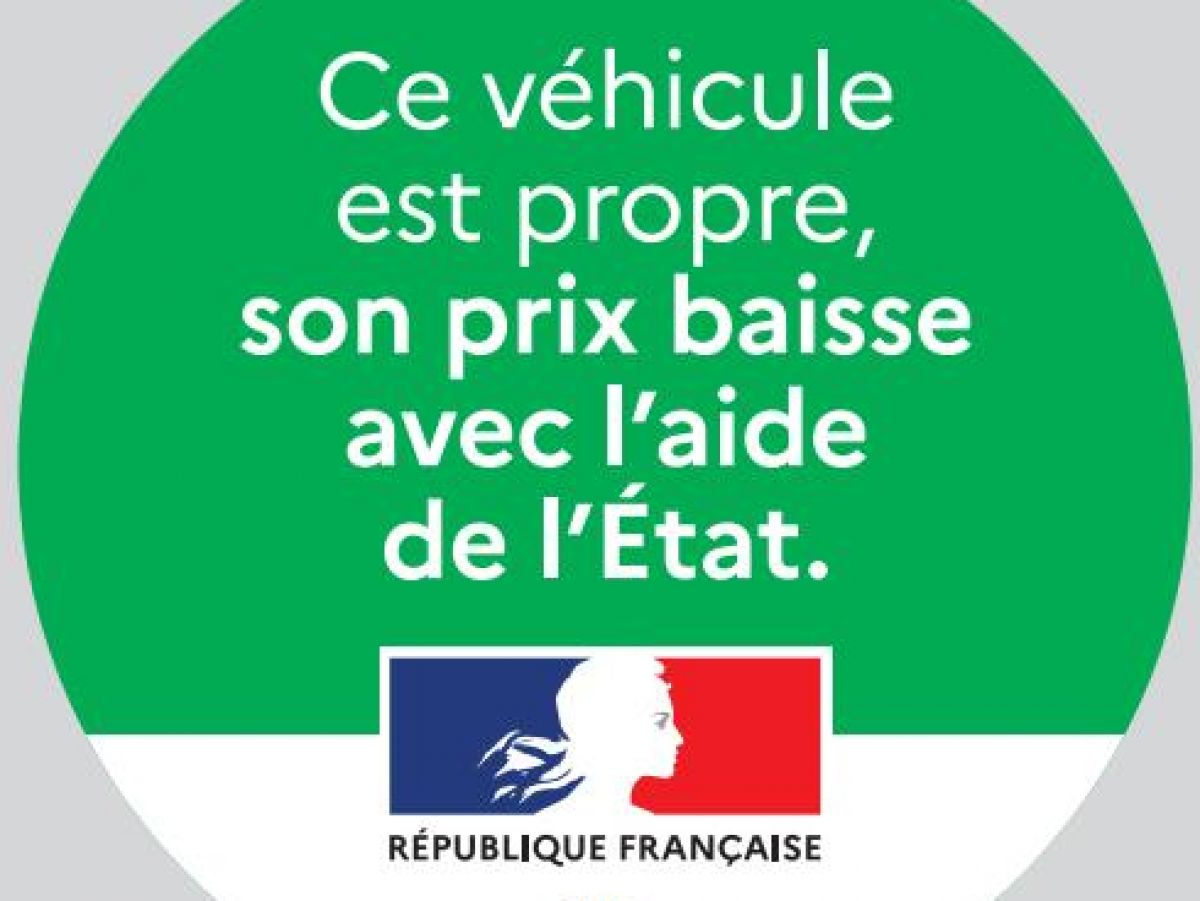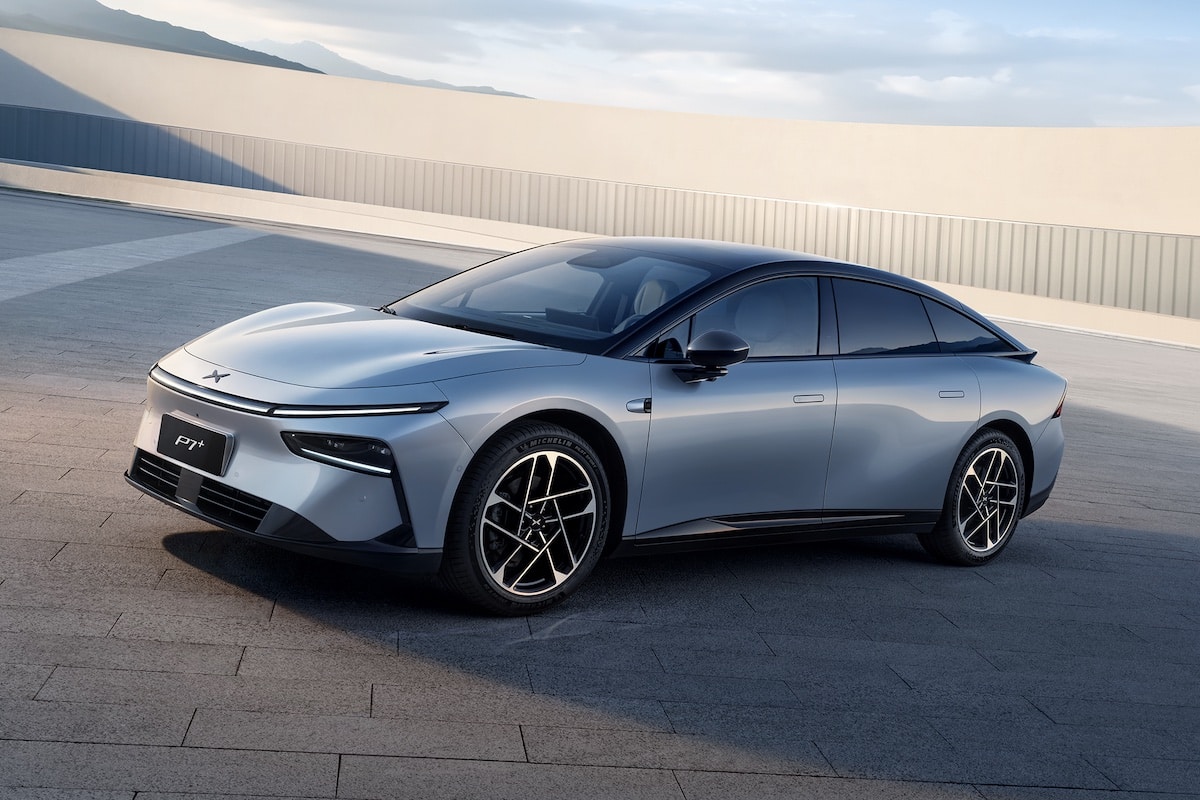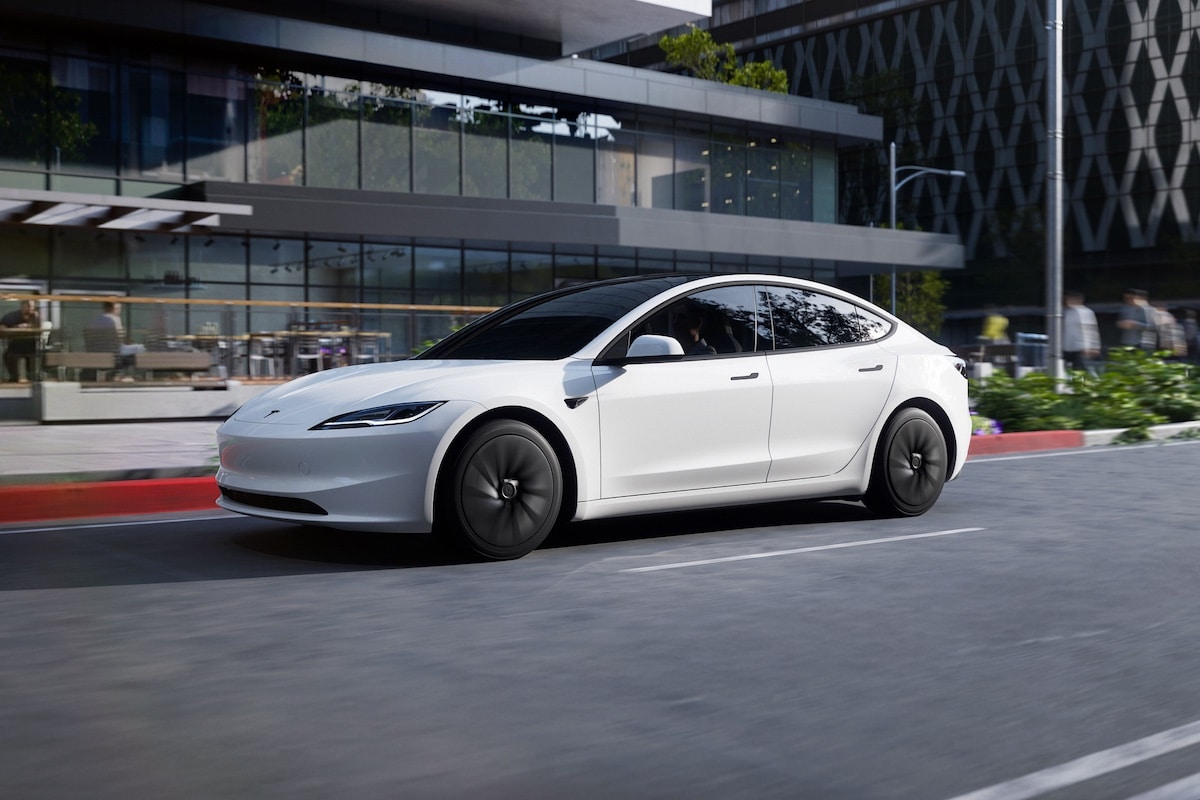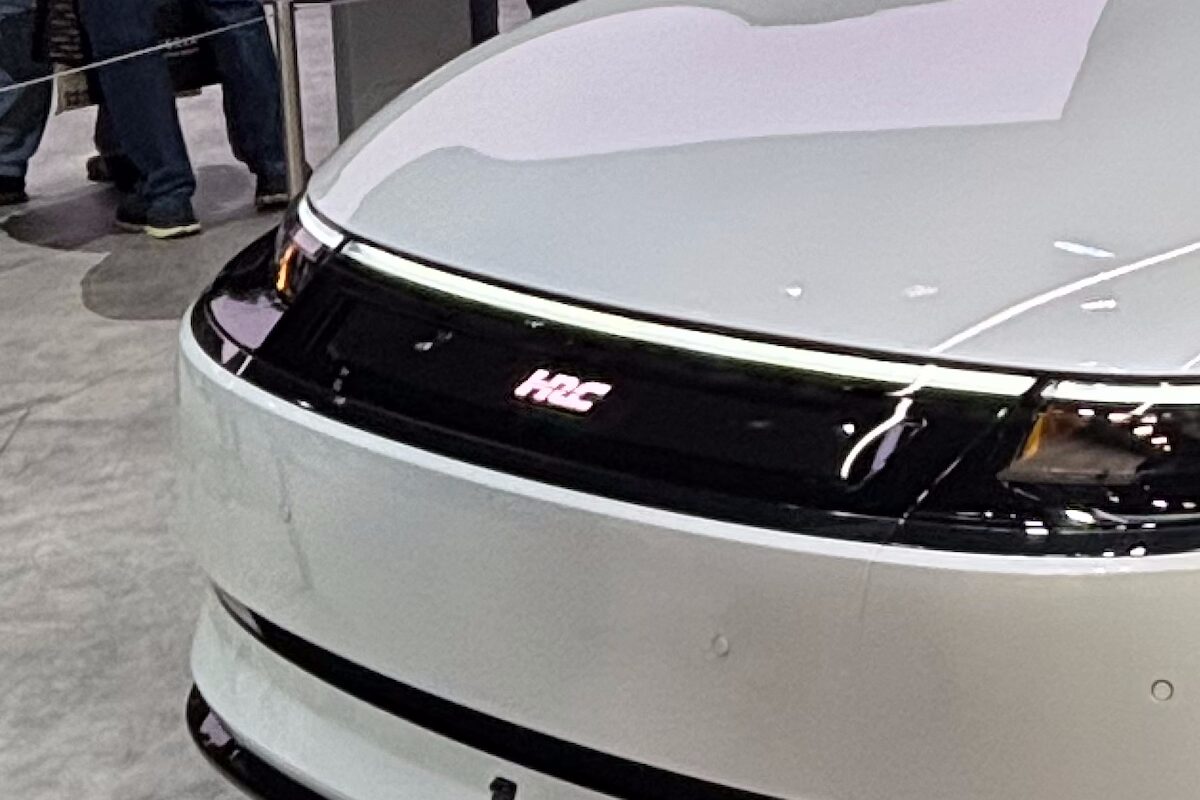What to Expect from the Eco-Friendly Bonus in 2024?

Our partner Roole breaks down the eco-friendly bonus reform, announced last May, which will be implemented starting in 2024.
France’s leading car club with over 1 million members, Roole, formerly Club Identicar, analyzes the options opened by the public consultation on the new application methods for the eco-friendly bonus, which concluded on August 25th.
At the end of July, the government presented proposals for new application methods for the eco-friendly bonus from 2024 onwards. “We will be the first European country to reform the criteria for granting the eco-friendly bonus to better account for the vehicle’s carbon footprint,” announced Emmanuel Macron during the presentation of his “Green Industry” plan on May 11th. While this bonus currently only considers the greenhouse gas emissions of the vehicle during use as an environmental criterion, the goal is to take into account “the carbon footprint of electric vehicle manufacturing”, the government specifies.
The presented decree “proposes linking eligibility for the eco-friendly bonus to a minimum environmental score related to the lifecycle stages of the vehicle before its use on the road,” explains the Ministry of Ecological Transition. Therefore, the calculation will include: the production of steel, aluminum, and other materials used in manufacturing or assembly, the production of batteries, intermediate transformations, assembly, and transportation from the assembly site to the distribution site in France, considering various means of transport (ship, train, truck, etc.). This environmental score must reach at least 60 points out of 100 for a vehicle to be eligible for the eco bonus. The score calculation will be different (and more lenient) for city cars with less than 5 seats and an autonomy of less than 180 km. Manufacturers will also have the possibility to appeal certain reference values.
At the end of June, the Minister Delegate for Transport, Clément Beaune, stated during a “Grand Jury RTL-Le Figaro-LCI” interview that the idea is to progressively lower the threshold for the weight-based penalty, also called the mass in running order (TMOM) tax. “Currently, it’s 1.8 tons. We propose lowering the threshold to 1.7/1.6 tons,” the minister said, also mentioning the end of the capping of the car penalty at 50% of the vehicle’s value.
To calculate the cost of this tax on vehicles weighing more than 1.8 tons today, add €10 for each additional kilogram. For example: when you buy a vehicle weighing 1,900 kg, the weight penalty amounts to €1,000. For a vehicle weighing 2 tons, the tax is €2,000, and so on.
Currently, electric cars would remain exempt from this tax, but this exemption is expected to disappear in 2025. Details will be announced in the 2024 finance bill to be presented in the fall. However, according to the newspaper Les Echos, the threshold will likely be lowered to 1.6 tons. Regarding the CO2 emission threshold beyond which a car would be subject to the eco penalty, it is expected to decrease from 123 g/km to 118 g/km.
ALSO READ > Roole: new anti-theft system for the French brand
This page is translated from the original post "Qu’attendre du Bonus écologique pour 2024 ?" in French.
We also suggestthese articles:
Also read






